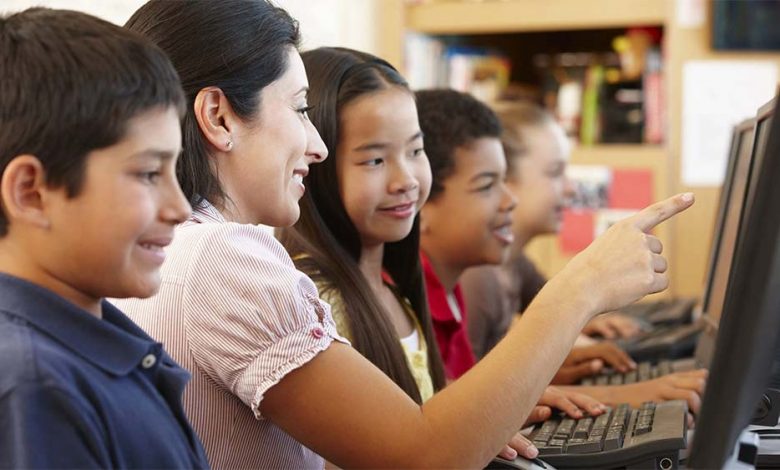What are the Top Tips to Keep Elementary Students Safe Online?

Many cyberattacks take place every year. Not only that, but many phishing scams also abundantly result in monetary damages for many people. The hackers who gain access to the personal information of people on the web can also harass them. Children, especially students, are easy targets for such people. It is, therefore, very important that they use the internet by following safety practices. Their parents and teachers must educate them in this regard. Some reliable ISPs like Spectrum internet help keep the communication encrypted. Apart from this, the use of a firewall is also quite important to keep your kids safe from malware scams. Antiviruses also help detect harmful software and remove them.
To learn about the safety practices that elementary students should follow on the web, continue reading below.
Never Share Personal Information Online
Students should never share their personal information with anyone on the web. They must always consult with their parents even before filling any online form. They should sign up on a social media platform only after the consent of their parents. Parents must ask their children not to share their home address or personal telephone number on any such social media platform either. Hackers and scammers can use this information and compromise the safety of children on the web.
Keep Your Passwords Safe
Students mustn’t share their passwords with anyone. However, it is okay to share them with their parents. Parents should keep an eye on the web activity of their children. They must have access to all the social accounts of the children as well.
A password manager can help them set up a strong password for all of their accounts online. Additionally, this software can also save passwords. So, even if children forget their passwords, the app can come in handy.
Don’t Post Photos Online
Young children mustn’t post their personal photos on the internet without the permission of their parents. This is because catfishing is quite common. Using these photos, a scammer can easily create a fake account on social media websites. A child’s fake account can be quite disturbing for them. Even if an elementary student is uploading a file to Facebook, the visibility must be set to friends and family members only. This will prevent other users on the platform from gaining access to them.
Parents Should Monitor Conversations with Strangers
Children on social media may receive messages from strangers. Parents need to monitor such conversations. Students must not reply to strangers. If they do, they must inform their parents if they are initially unaware. Not only that, they should refrain from sharing any personal information.
Refrain from Clicking on Online Ads
Online apps come with many phishing scams. A single click can open up an inappropriate website. Parents must install reliable pop-up blockers and ad blockers to prevent such incidents. Most importantly, they should educate their children regarding such ads. Most of these ads are just phishing scams that must be avoided.
Never Download Files without the Knowledge of Parents
Elementary students must not download anything from the internet without the consent of their parents. This is because many of these files can potentially contain viruses. Not only can such files harm the computer, but they can also act as means to get access to important personal data such as photos and videos.
Ignore Bullying Messages and Report the Incident to Parents
If a child happens to receive bullying or abusive messages on the social media account, parents must intervene. Initially, the student must not take any action themselves. On the other hand, the parents must report such incidents to law enforcement agencies or a cyber-crime department.
Visit Reliable Informational Websites Only
Parents and teachers of elementary schools must recommend knowledge-based websites on the web to students. Encyclopedias can be a useful resource for pupils. They can learn a lot about the world around them with these websites. By visiting websites such as Wikipedia, they can regularly get access to quality pieces of information. This can help in increasing their aptitude and knowledge.
With the help of the above safety tips, elementary students and young pupils can remain safe on the internet. Parents play a vital role in ensuring the safety of their children online. They must give children the confidence to share any incident so that they can resolve the matter.



![Photo of Operation Systems 101: What Is an Operating System? [Explained]](https://www.thepostingtree.com/wp-content/uploads/2021/11/11-1-390x220.jpg)